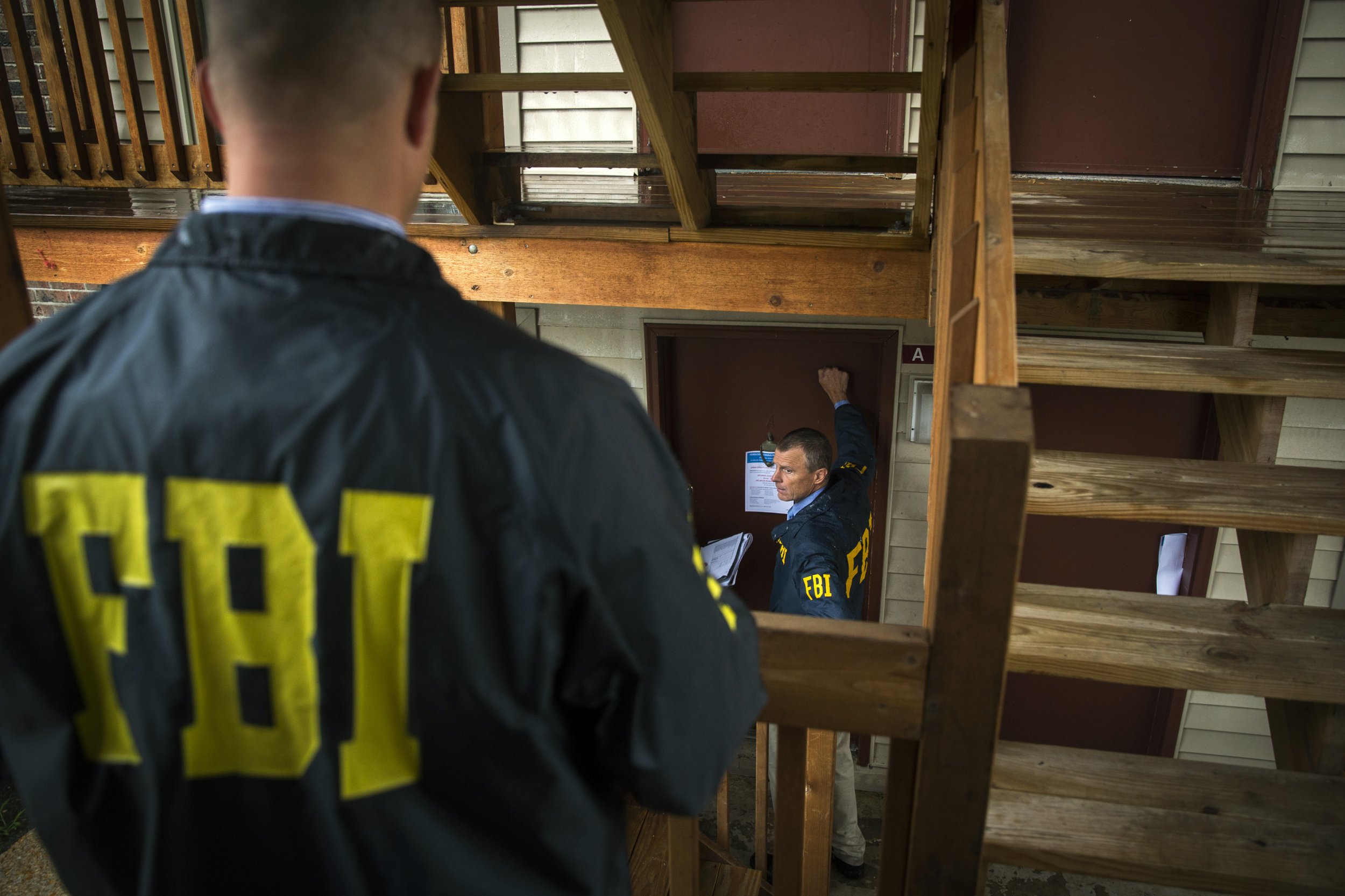
The Russian spy ring, which the U.S. Federal Bureau of Investigation (FBI) announced it had busted in New York earlier this week, had allegedly been tasked with looking into U.S. trading patterns, in a possible bid to destabilise the US stock market, according to a court document made public today.
The document contains the transcript of a phone call between two of the three men charged with espionage - Evgeny Boryakov, a banker for Russia's state-owned Vnesheconombank and Igor Sporyshev, a diplomat for Russia's UN mission.
In the exchange Boryakov instructs Sporyshev to contact an unnamed news organisation and use it as a guise to question New York Stock Exchange employees about a process called high-frequency trading, which causes dramatic spikes and falls in stock prices.
According to Gregory Monaghan, the FBI agent testifying against Boryakov, the news organisation in question is owned by the Russian state and is already known to the FBI for its possible link with Russian foreign intelligence.
Monaghan testifies that the unnamed organisation has been used "to gather intelligence under the cover of news media" before, and that it had reached out to Sporyshev in May 2013, offering him an opportunity to formulate questions for them which they would then pose to the stock exchange employees.
Monaghan believes the two men were charged with "intelligence gathering" for the benefit of the wider "Russian economic intelligence community," using the cover offered by the news channel.
In a phone call intercepted by the FBI that same month, Sporyshev asks for Boryakov to help him with deciding "what we want to know" in just 15 minutes and saying he had received instructions "from the top".
Boryakov is then recorded instructing Sporyshev to use the anonymous news channel to probe New York Stock Exchange employees for "mechanisms of use for market destabilization in modern conditions". Boryakov says that Sporyshev is to also ask about methods of "limiting the use of trading robots."
The use of automated robots is not an illegal practice - they help to identify optimal points to buy and sell as stock prices fluctuate, but glitches or malfunctions in these trading algorithms can have huge effects on share prices.
Boryakov's insistence that Sporyshev should enquire about these things indicates that the men were keen to investigate ways that the U.S. markets might be mainpulated.
Russian intelligence has denied any ties with Boryakov and Sporyshev, as well as with their third alleged accomplice Viktor Podobny. Russian MP Sergey Mironov told Russian news agency Interfax today that the charges against the three Russian nationals was "100% a political ruse".
"To accuse these people of industrial espionage is just hilarious," Mironov said, urging Russian authorities to respond by targeting US businessmen and diplomats in Russia.
"The correct practice should be an 'eye for an eye'," Mironov added, calling for Russia's authorities to provide the FBI with a "mirror reaction".
Uncommon Knowledge
Newsweek is committed to challenging conventional wisdom and finding connections in the search for common ground.
Newsweek is committed to challenging conventional wisdom and finding connections in the search for common ground.
About the writer
I am a Staff Writer for Newsweek's international desk. I report on current events in Russia, the former Soviet Union ... Read more
To read how Newsweek uses AI as a newsroom tool, Click here.








